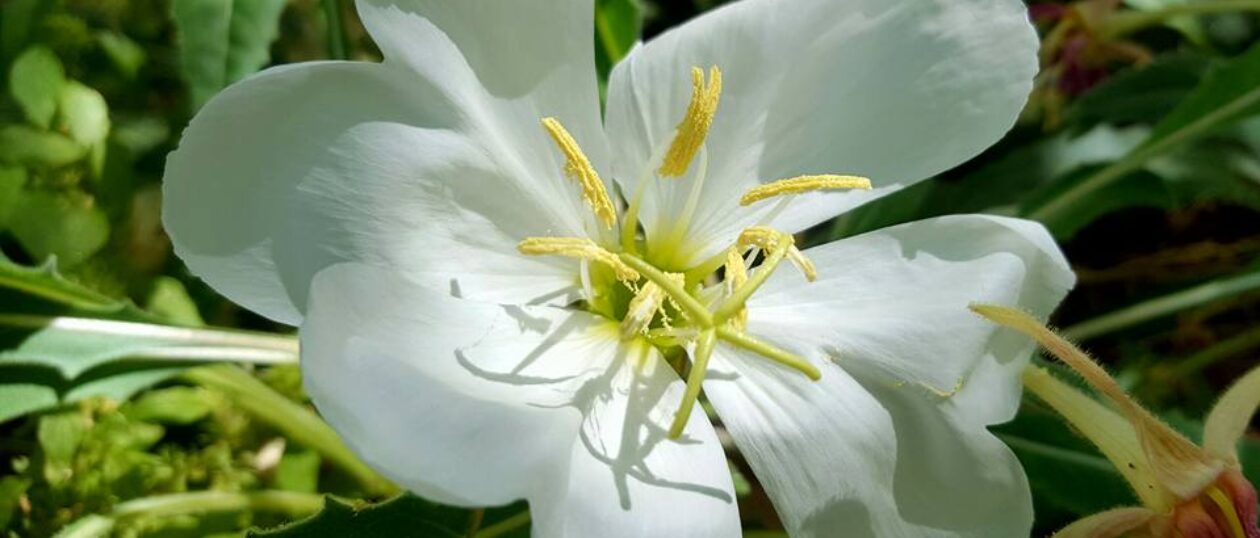I am all about love, empathy, compassion, forgiveness and oneness. I like to think that we are all flowers in the garden. And in the garden, I have never seen the roses being resentful. The petunias don’t push around the gardenias, insult the queen of the night or step over the jasmine vines. All the flowers in the garden coexist in complete harmony and coherence.
The universe is coherent and pro-diversity. Otherwise, there would be no reason to have such an astounding variety of shapes, styles, colors, and life forms. Oneness is meaningless without diversity. That is as clear and obvious as the fact that we need oxygen to stay alive.
Unfortunately, we live in societies where our children are taught to fear, hate and disrespect based on a multiplicity of labels. Labels are part of the construct. They serve the purpose of controlling access to resources, defining who receives certain privileges and who doesn’t. Such labels separate, creating insurmountable friction since they operate in direct conflict with the unifying principles of the universe.
The friction turns into agitation and escalates into scapegoating, bigotry, and hatred. They even translate to loss of life. We harbor this friction inside and feed it with resentments. It becomes so ingrained in our daily practice that we get killed, harassed or ridiculed, because of our size, shape, accent, culture, speech, ethnicity, socioeconomic status, associations, sex, gender, sexual orientation, disabilities and abilities, and particularly because of the color of our skin. The more privilege one has, the more we seemed immune to understanding these.
When I say Black Lives Matter, it does not mean that other life forms don’t matter. Every life form matters and is created equally. What we fail to recognize is that there are particular aggressions targeting a single group based on a specific label, skin color. Hence the need to purposely and peacefully focus our intention in acknowledging the racism existing in our societies is the first step needed to move towards more coherent and functional societies.
United the garden thrives; divided everyone suffers. Why? Simply because the physical body is merely our coat. Our essence or life force is made of the same intelligent energy that envelops and rules the universe.
When we remove our bodies, the artificial boundaries that result in labels, we are one with the flow. The program that runs our operating systems is the same energy. Hence, we are all connected and interdependent, and we are One.
In that oneness, if one person suffers, everyone suffers. Think about electricity. We have power plants, transmission lines, electrical cables, switches, and bulbs. Those are all part of the material system. Without energy, you can’t have light. We are energy within a body. And that energy is our light. When it turns off, we die.
When we learn to respect one another for who we are, the miracle of life, removing the dualistic way of thinking that feeds the illusion of separateness and causes much suffering by dividing self from others, humanity will achieve peace. In the meantime, racism should not be tolerated in any form. To do so is a violation of cosmic laws. Racism must be recognized as a violent act against nature, humanity, and any spiritual practice. Violence and retaliation will never be antidotes. Violence is incoherent and it only leads to violence. Since we all grew up in racist societies, every single individual with a lighter skin tone has a certain degree of privilege, regardless of life experience.
Recognizing this is the biggest single step we need to take to dismantle fabricated divisions. And the way to unify is through equality, justice, and respect and through the understanding that who we label as others are in fact an extension of ourselves just like we are an extension of them. When we achieve that step, otherness dissolves, we resolve our inner contradiction, and we can hold each other’s hand.
Once we as a species get to the point that we fully and consciously respect, value, and love all the different expressions and life forms, then, I will be the first one to say, all lives matter. To cross that bridge, we need to start with baby steps by recognizing where we are at now as a species, identifying our racist practices, and changing our course.
Dismissing the problem will not allow us to move towards coherence. Hence, thinking that Black Lives Matter is not only a healthy start in recognizing the problem, but also a way towards finding resolution and dismantling the current racist paradigm. Racism affects all of us.
Peace,
Mariel Masque – Copyright 2016
All Rights Reserved.






